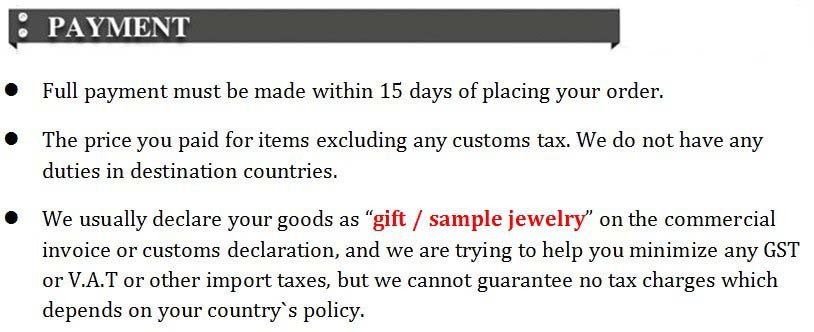Do I Have to Pay Student Loans? A Comprehensive Guide to Understanding Your Repayment Options
#### Do I Have to Pay Student Loans?In the United States, student loans have become a common means for individuals to finance their education. However, many……
#### Do I Have to Pay Student Loans?
In the United States, student loans have become a common means for individuals to finance their education. However, many borrowers find themselves asking, "Do I have to pay student loans?" This question is crucial as it can significantly impact one's financial future. In this article, we will explore the various aspects of student loans, including repayment options, deferment, and forgiveness programs, helping you understand your obligations and rights as a borrower.
#### Understanding Student Loans
Student loans are essentially borrowed funds that students use to cover tuition fees, living expenses, and other educational costs. These loans typically come from federal or private sources, and they must be repaid with interest. The terms of repayment can vary widely based on the type of loan and the lender.
#### Do I Have to Pay Student Loans Immediately?
One of the most common concerns for borrowers is whether they must start repaying their loans immediately after graduation. Generally, federal student loans offer a grace period of six months after graduation, during which you are not required to make payments. However, interest may still accrue during this time, particularly for unsubsidized loans. It's essential to understand your loan terms to navigate this period effectively.

#### Repayment Plans
When considering "Do I have to pay student loans?" it's vital to look into the different repayment plans available. Federal student loans offer several repayment options, including:
1. **Standard Repayment Plan**: Fixed monthly payments over ten years.
2. **Graduated Repayment Plan**: Lower payments that increase every two years, suitable for those expecting salary growth.

3. **Income-Driven Repayment Plans**: Payments based on your income and family size, which can significantly lower monthly payments for those with lower earnings.
#### Deferment and Forbearance
If you find yourself struggling to make payments, you may wonder, "Do I have to pay student loans right now?" The answer may depend on your circumstances. Both deferment and forbearance allow you to temporarily postpone your payments. Deferment is often granted for specific situations, such as returning to school or facing economic hardship. In contrast, forbearance is typically granted at the lender's discretion and may result in accruing interest during the pause.
#### Loan Forgiveness Programs

For many borrowers, student loan forgiveness programs can alleviate the burden of repayment. Programs such as Public Service Loan Forgiveness (PSLF) are designed to forgive remaining loan balances after a borrower has made a certain number of qualifying payments while working in public service. Understanding these programs can be essential for those in qualifying professions.
#### Conclusion
In summary, the question "Do I have to pay student loans?" is multifaceted and depends on various factors, including the type of loans you have, your financial situation, and the repayment options available to you. It is crucial to stay informed about your rights and responsibilities as a borrower. Whether you are just starting your repayment journey or seeking relief options, understanding the landscape of student loans can empower you to make informed financial decisions. Always consider consulting with a financial advisor or your loan servicer to explore the best options tailored to your needs.